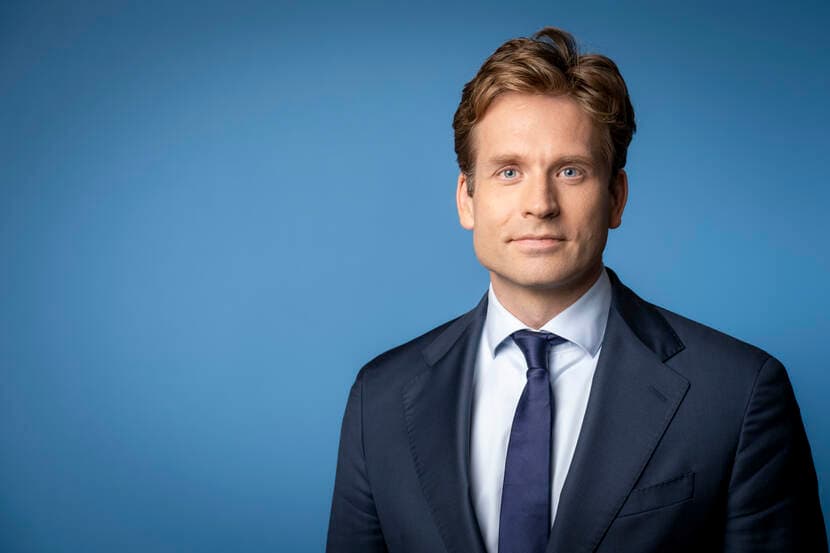Dutch government suspends intervention at chipmaker Nexperia
The Dutch government decided to suspend its intervention at chipmaker Nexperia, mentioning constructive talks with China.
Published on November 19, 2025

© Martijn Beekman
Team IO+ selects and features the most important news stories on innovation and technology, carefully curated by our editors.
The Dutch government has decided to suspend its intervention in the Chinese-owned, but Nijmegen-headquartered, chipmaker Nexperia, citing constructive talks with Chinese authorities. The announcement came from a statement published by the outgoing Minister of Economic Affairs, Vincent Karremans.
The move comes after the Netherlands invoked a rare emergency law in September to take control of Nexperia, citing concerns over the loss of crucial technological knowledge and capabilities. The suspension is a relief for the global semiconductor supply chain, particularly for the automotive industry, which heavily relies on Nexperia's chips.
“In light of recent developments, I consider it the right moment to take a constructive step by suspending my order under the Goods Availability Act regarding Nexperia, in close consultation with our European and international partners. In the past few days, we have had constructive meetings with the Chinese authorities," said the Minister in the written statement.
"We are positive about the measures already taken by the Chinese authorities to ensure the supply of chips to Europe and the rest of the world. We see this as a show of goodwill. We will continue to engage in constructive dialogue with the Chinese authorities in the period ahead,” the statement continues.
What happened in the past weeks with Nexperia
The intervention by the Dutch government began in late September, when Minister Karremans raised concerns that the Chinese director of Nexperia was endangering chip production in the Netherlands and Europe. It did so by invoking the Goods Availability Act, which enables ministers to issue orders to ensure the availability of certain goods in preparation for emergency situations. Subsequently, a court ruled in favor of the Dutch government, removing the director.
In response, China blocked the export of chips from Nexperia's Chinese factory, sparking a political conflict and uncertainty for automakers about their supply. The ban was then partially lifted, allowing the company to resume shipping its chips globally for non-military use. In the past weeks, negotiations between Dutch, European, and Chinese negotiators took place.
While today's suspension offers a potential reset in relations, it's important to note that the intervention isn't entirely reversed. Minister Karremans retains the option to reinstate the measure if necessary, allowing the government to regain control over critical decisions at Nexperia should chip production be compromised.
